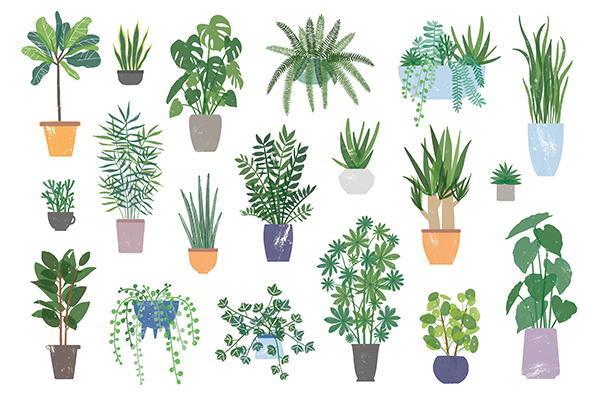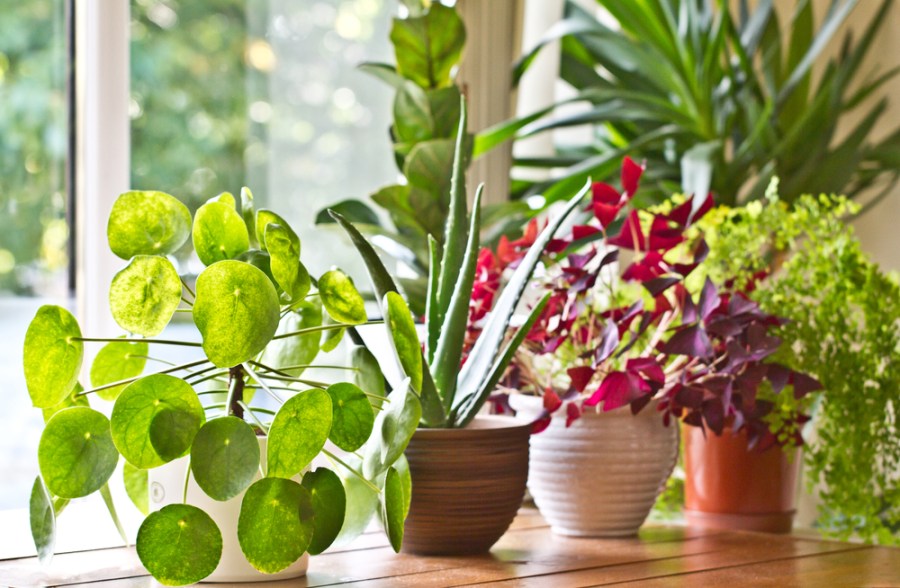We’ve known for some time that many varieties of houseplant can have air purifying properties, but now scientists have created a new species that can remove even more harmful chemicals from your home.
Researchers at the University of Washington genetically modified pothos ivy plants (a common houseplant) so that it’s able to remove chloroform and benzene from the air around it. Chloroform is present in small amounts in chlorinated water, while benzene is a component of petrol. Both can build up gradually in our homes from everyday activities like showering or parking your car in the garage, and exposure to either has been linked to cancer.
‘People haven’t really been talking about these hazardous organic compounds in homes, and I think that’s because we couldn’t do anything about them,’ says senior author Stuart Strand, who is a research professor in the UW’s civil and environmental engineering department. ‘Now we’ve engineered houseplants to remove these pollutants for us.’

The modified plants express a protein (2E1) that turns these chemical compounds into molecules that are not only harmless, but actually benefit the plant’s growth!
Strangely enough, we actually have 2E1 in our bodies, but only in our liver where it’s used to help break down alcohol so we can’t use it for air purification.
Researchers tested the efficacy of the modified plants by tracking how well they removed pollutants from the air in a test tube compared with unmodified pothos ivy. The modified plants lowered the concentration of chloroform by 82% after three days, as well as lowering benzene by 75% in eight days. The unmodified ivy had no effect.
While these plants aren’t currently available for purchase, there is still a range of houseplants that are great for purifying the air.
- Spider plants are easy to grow and remove formaldehyde and xylene
- Spicy dracaena plants will also remove those two, as well as trichloroethylene and benzene
- Peace lilies can reduce ammonia.
- How healthy are YOU? Easy health checks to do at home
- The amazing health benefits of raw food








